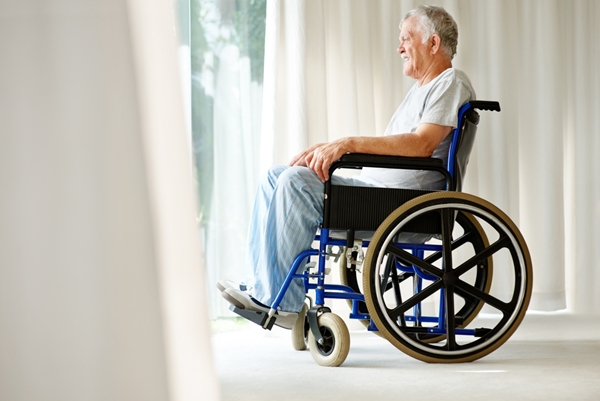Regular physical activity is important for achieving and sustaining good physical and mental health. Staying active can help you to build muscles and strong bones, strengthen your heart, improve coordination, alleviate stress, and boost your self-confidence.
 Whether an illness, injury or other health-related problem prevents you from participating in traditional exercise, you can still experience the many benefits of an active lifestyle.
Whether an illness, injury or other health-related problem prevents you from participating in traditional exercise, you can still experience the many benefits of an active lifestyle.
First and foremost, you should consider talking to your doctor or physical therapist about safe approaches to working around your disability. If you’re struggling with this call your local NDIS Cairns provider, they can assist you under the National Disability Insurance Scheme find a doctor to point you in the right direction. From there, they can provide a trained exercise professional that can consult you on all the of physical activity that are right for you.
Whatever your preferences and physical activity level, you can rest assured that there is an activity or sport for you.
Limited mobility does not mean you cannot exercise
Physical activity does not have to mean hitting the gym or partaking in a competitive sport. In reality, activity can take the shape of many different forms.
For general health, all adults ages 19 to 64, including wheelchair users, are advised to perform at least 2 and half hours of moderate aerobic activity per week, plus strength exercises on two or more days a week. Although being confined to a wheelchair can make it harder to do cardiovascular exercises that get your heart rate going, there are several options available for breaking a sweat.
If you are not used to exercising or you have not exercised for quite some time, you should start with 10-minute sessions and then gradually progress and stick to a routine. Some of the chair-bound activities you can do include sprinting with a wheelchair, using a wheelchair accessible rowing machine, performing sitting exercises, as well as taking part in wheelchair sports such as basketball and netball.
When it comes to muscle-strengthening exercise, you should remain vigilant of certain muscle groups. Seeing as how your shoulder muscles are most at risk due to the amount of stress placed on the arms, it is a good idea to loosen stiff joints with a few warm-up exercises.
Depending on the cause of your wheelchair use, it is imperative that you choose the right type of activity or sport for yourself. With a moderate amount of physical activity – possibly daily – you can enjoy important health-related benefits and manage everyday living.
No Limits: There is no one-size-fits-all solution
Regular physical activity can reduce your risk of severe ailments, such as heart disease and cancer by up to 50% and lower your risk of early death by as much as 30%. Given the vast amount of medically-proven evidence, it is quite clear that staying active is essential if you want to live a long and healthy life.
Adapting to life in a wheelchair can be difficult and of course, it may take some time to adjust. However, it should not take away from your physical and mental wellbeing. The trick is to find different and enjoyable approaches to being active and healthy.
GTK can help customise your wheelchair to give you the ability to perform exercises designed for your needs and capabilities. The right wheelchair can be life-changing, enabling you to get back some of your freedom and to improve your overall wellbeing.
George Ajaka is the general manager of GTK, a company passionate about providing custom assistive technology to support and enhance the quality of life of others. He has been an active member of the rehabilitation and disability service industry for over 16 years. To read more about George and GTK‘s mission click here.